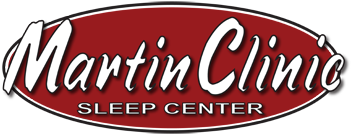There are over 84 known sleep disorders. For the 70 million Americans currently affected, quality of life can be greatly improved with proper treatment. Common sleep disorders include:
Obstructive Sleep Apnea (OSA)
Breathing pauses for a few seconds to a minute or more throughout the night. Loud snoring, daytime sleepiness and high blood pressure are associated with this disorder. It has been suggested that nearly 90% of people that suffer from OSA are undiagnosed. The disorder is as common as adult diabetes and asthma.
Insomnia
Difficulty falling or staying asleep. Insomnia is the most common sleep disorder affecting one in three Americans.
Restless Legs Syndrome
An unpleasant "creeping" or "crawling" sensation in the legs. The arms may also be affected. Symptoms are usually worse during the evenings.
Narcolepsy
Symptoms include excessive daytime sleepiness, uncontrollable daytime sleep attacks, sudden loss of muscle tone, vivid hallucinations and sleep paralysis.
Periodic Limb Movement Disorder
Involuntary movement of the legs while asleep. Often, a person is unaware of the movements but may complain of restless sleep or excessive daytime sleepiness.
Parasomnias
Parasomnias include sleep walking, sleep talking, teeth grinding, sleep terrors, rhythmic-movement disorder (head banging, head rolling or body rocking) and REM sleep behavior disorder (acting out a dream, which may result in injury to the person or bed-partner).
Untreated sleep disorders can have a devastating effect on health and quality of life. Obesity, diabetes, heart disease, high blood pressure, depression, anxiety, decreased cognitive functions and other health concerns have been linked to inadequate sleep. A sleep study provides the information your physician needs to make a proper diagnosis and provide effective treatment recommendations for your sleep disorder.
